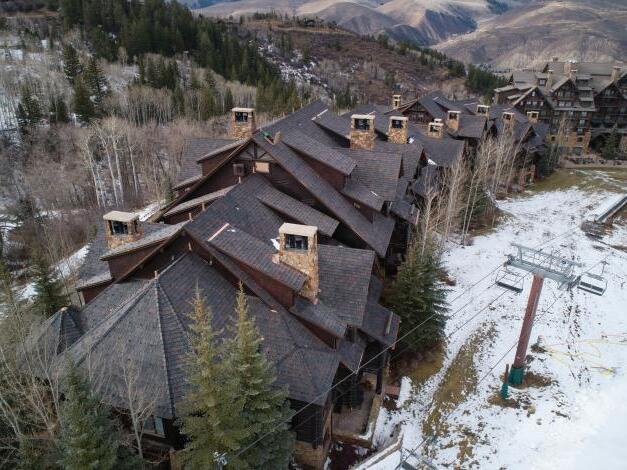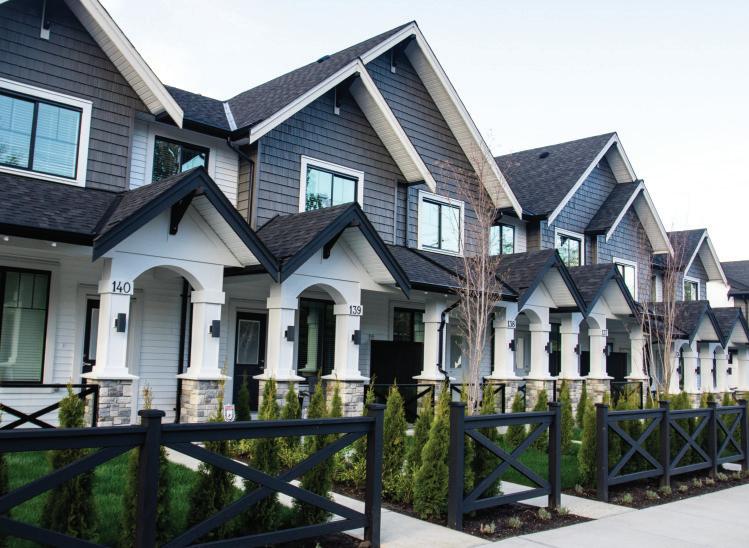









Hail can be one of nature's most immediate and visible threats to your home, particularly to your roof. Understanding the steps involved in addressing hail damage can ease the stress of dealing with the aftermath. This guide aims to l prepared



signs of hail impact, such as dented shingles, broken tiles, and damage and whether a repair or full replacement is necessary. Remember, early detection is key to preventing further damage to your home.


The outcome of the inspection is a detailed report that outlines the extent of the hail damage, recommended repairs or replacement, and an estimated cost. This report serves as the basis for insurance claims and discussions with your HOA about the repair process.

The inspector will categorize the damage based on its severity. Minor damage might only require repairs, while major damage could necessitate a full roof replacement. The decision between repair and replacement depends not only on the extent of the damage but also on the age of the roof and the likelihood of future problems.
Identifying and addressing hail damage promptly can prevent secondary issues, such as leaks and structural damage, that can arise from neglected roof damage. Early assessment and action can save homeowners
Navigating insurance claims can be daunting, but it's crucial for covering the costs of hail damage. Initiate this process by informing your HOA of the damage if they’re not already

Staying within these guidelines ensures compliance and smoothens the repair process.
Understanding HO6 and Loss Assessment Coverage
Filing an Insurance Claim: The Role of HOA and HO6 Policies
Master insurance policy, which generally covers the exterior of the building, including the roof. However, with the rising costs of deductibles, it's increasingly common for the replacement cost to fall below the deductible
HO6 policies into focus.
HO6 policies, often associated with condominiums and townhomes, traditionally cover the interior of the unit, from "studs in," encompassing personal property and liability. However, their role extends beyond the interior with the addition of loss assessment coverage.This essential coverage can address situations where individual owners are levied a portion of a large deductible or direct repair costs that the HOA's policy does not fully cover. For instance, if the Master policy's deductible exceeds the cost of repairing a damaged roof, loss assessment coverage under your HO6 policy can prevent the need for a special assessment—protecting you from


Roof repairs or replacements, particularly after hail damage, are not only costly but are also crucial for the structural integrity and health of the community. Without loss assessment coverage, property owners might well-being and stress levels.
Loss assessment coverage is an inexpensive solution that can safeguard against these large expenses. While some policies include this coverage by the initial coverage limits can be quite low (e.g., around $1,000). Given the potentially high deductibles of Master HOA policies, increasing this coverage

The Master policy of your condo or HOA is typically renewed annually, making it imperative for property owners to stay informed about the current coverages. This knowledge allows you to adjust your HO6 policy and loss assessment coverage as needed, ensuring you remain adequately protected against evolving risks and liabilities.
Moreover, the average cost of an HO6 policy, including enhanced loss assessment coverage, is around $500 per year—a reasonable price for the coverage and peace of mind it provides.
Some HOAs may limit the amount of loss assessment coverage that can be applied toward the association's deductible. In such scenarios, property
their policy, further emphasizing the importance of understanding the insurance provider to tailor your policy to your needs.
Selecting the right contractor is pivotal. Choose a licensed, insured, and experienced contractor in hail damage repairs. Verify their credentials and references. A good contractor will also be familiar with your HOA’s rules and can help ensure that the project adheres to community standards. This choice



The scope of repair work varies depending on the hail damage often requires a full roof replacement.The process includes selecting materials that meet your insurance coverage and HOA standards, removing the damaged roof, and installing the new one. The contractor should handle permits and inspections as required.

Following a detailed assessment and preparation, this stage involves the actual repair or replacement of your hail-damaged roof. A well-managed project minimizes disruptions and ensures quality results. Here’s an expanded look at what to expect during the project execution phase:
1
clear, detailed timeline for the project. This schedule outlines key milestones, such as the arrival of materials, start and completion dates for the work, and any inspections. Regular updates are essential to keep you informed of progress and any adjustments due to weather or unforeseen challenges.
property and ensure safety during the project. This includes using tarps to protect landscaping and exterior features, setting accidents. Your contractor should also inform you about any necessary precautions you and your family should take.
guidance of an experienced project manager. This manager is your point of contact for any questions or concerns and is responsible for overseeing the quality of work and adherence to the timeline.The crew’s expertise and professionalism are vital for a smooth project execution.

2
3


4 5 6
The repair or replacement process begins with the removal of the damagedroofcomponents.Inafullreplacement,thisincludesstripping old shingles, tiles, and underlayment. The roof is then inspected for structural damage before installing new materials. For repairs, only the damaged sections are addressed. Throughout this process, the contractor should manage debris and maintain a clean work site.
During and after the project, quality control checks are crucial. These checks ensure the work meets all local building codes, clean gutters and downspouts.
contractor will take steps to minimize these disruptions. Discuss any concerns about noise, access, or timing with your contractor beforehand. They should accommodate your needs as much as possible, ensuring the project’s impact on your daily life is minimal.

After the project concludes, there may be follow-up actions with your HOA and insurance company. Provide them with project details and any necessary documentation. It's also wise to schedule periodic roof inspections and maintenance to prevent future hail damage and extend the life of your roof.



Impact damage from hailstones that can materials. Hail Damage
Materials used to prevent water from entering at joints or intersections on a roof. Flashing
The amount you pay out-of-pocket before insurance covers the remaining costs. Deductible

How do I know if my roof has hail damage? Question
Answer
Signs include dented shingles, cracks, and missing pieces. A professional inspection

Will my insurance cover hail damage? Question
Coverage varies. Review your policy or contact your insvurance provider for details. Answer
